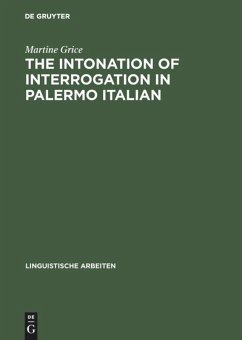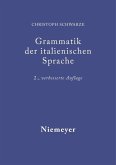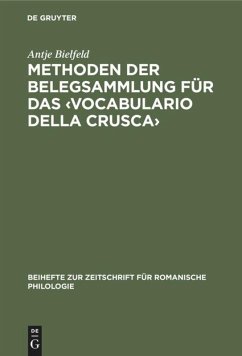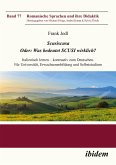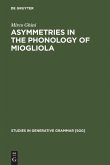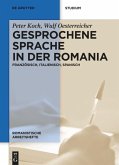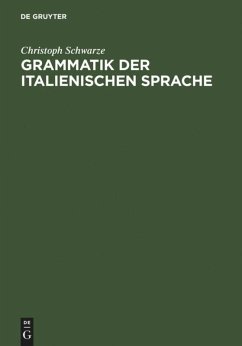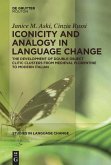In Palermo Italian yes-no interrogatives, if the last syllable of a phrase is unstressed, the nuclear pitch contour is rising-falling, whereas if it is stressed, the contour is simply rising. An autosegmental analysis, where pitch configurations are expressed in terms of H(igh) and L(ow) tones which are either part of a pitch accent or at intermediate or intonation phrase boundaries, is shown to offer the flexibility necessary to account for such context-dependent variation. The interrogative marker consists of a L*+H pitch accent. There is no paradigmatic contrast on the intermediate phrase boundary tone (it is always L) which means that its function is purely delimitative. This tone is only fully realised when a postaccentual syllable is available to carry it; technically, it requires a secondary attachment to a syllable. The absence of the falling part of the L*+HL (L) configuration in phrases with no postaccentual syllable is thus explained.
Die Buchreihe Linguistische Arbeiten hat mit über 500 Bänden zur linguistischen Theoriebildung der letzten Jahrzehnte in Deutschland und international wesentlich beigetragen. Die Reihe wird auch weiterhin neue Impulse für die Forschung setzen und die zentrale Einsicht der Sprachwissenschaft präsentieren, dass Fortschritt in der Erforschung der menschlichen Sprachen nur durch die enge Verbindung von empirischen und theoretischen Analysen sowohl diachron wie synchron möglich ist. Daher laden wir hochwertige linguistische Arbeiten aus allen zentralen Teilgebieten der allgemeinen und einzelsprachlichen Linguistik ein, die aktuelle Fragestellungen bearbeiten, neue Daten diskutieren und die Theorieentwicklung vorantreiben.
Die Buchreihe Linguistische Arbeiten hat mit über 500 Bänden zur linguistischen Theoriebildung der letzten Jahrzehnte in Deutschland und international wesentlich beigetragen. Die Reihe wird auch weiterhin neue Impulse für die Forschung setzen und die zentrale Einsicht der Sprachwissenschaft präsentieren, dass Fortschritt in der Erforschung der menschlichen Sprachen nur durch die enge Verbindung von empirischen und theoretischen Analysen sowohl diachron wie synchron möglich ist. Daher laden wir hochwertige linguistische Arbeiten aus allen zentralen Teilgebieten der allgemeinen und einzelsprachlichen Linguistik ein, die aktuelle Fragestellungen bearbeiten, neue Daten diskutieren und die Theorieentwicklung vorantreiben.

